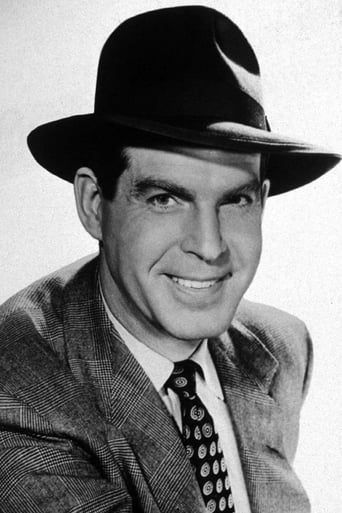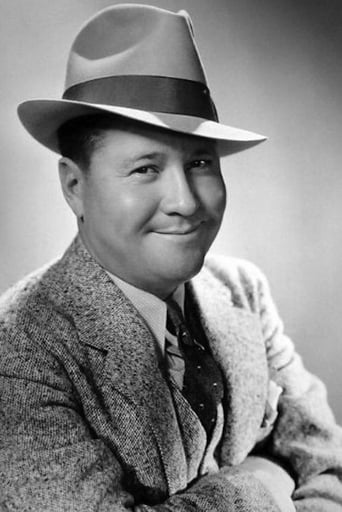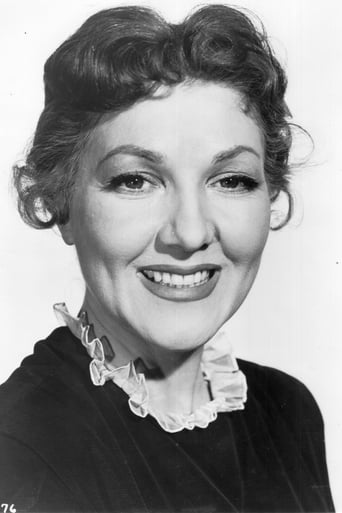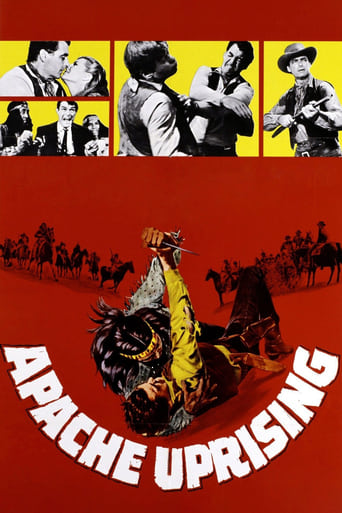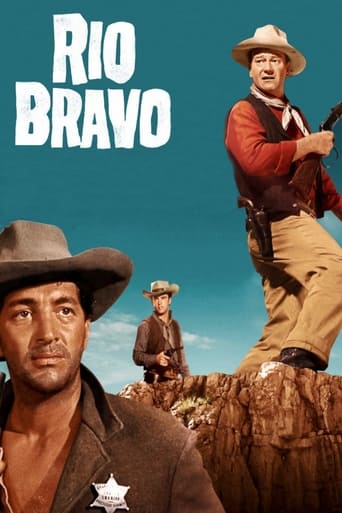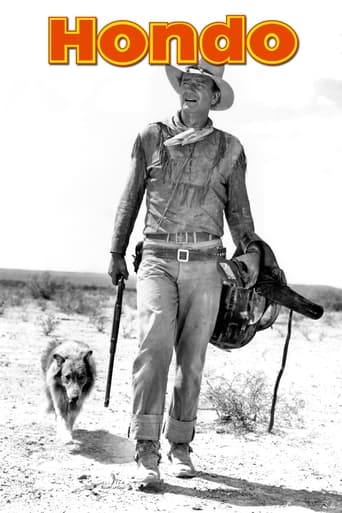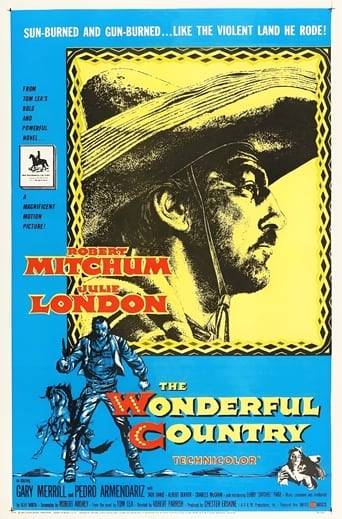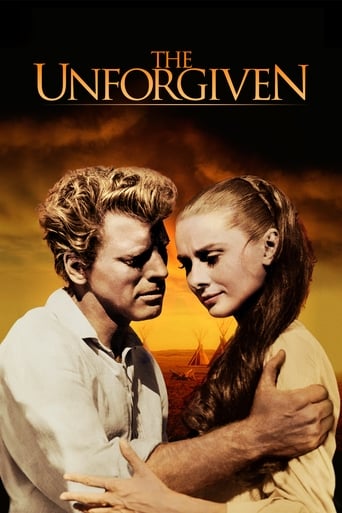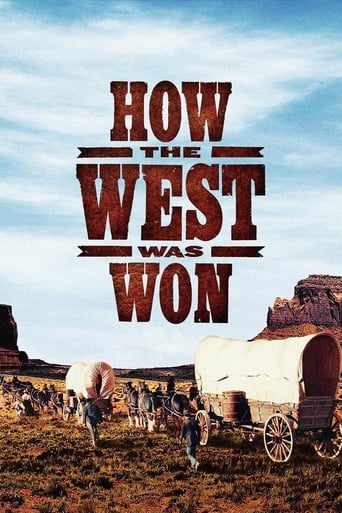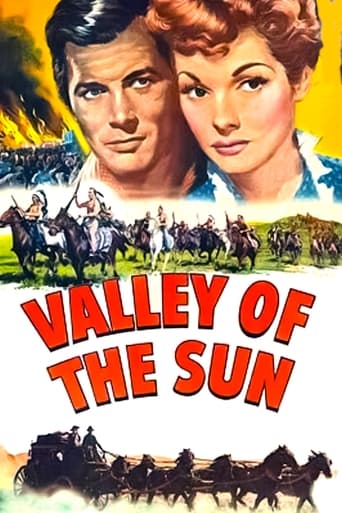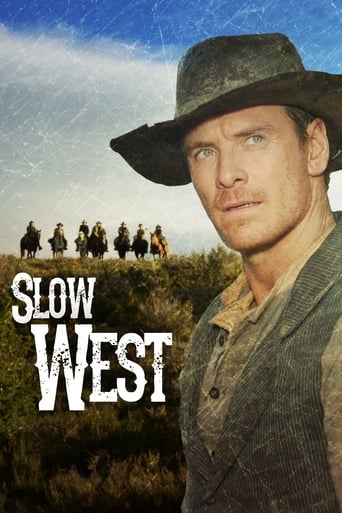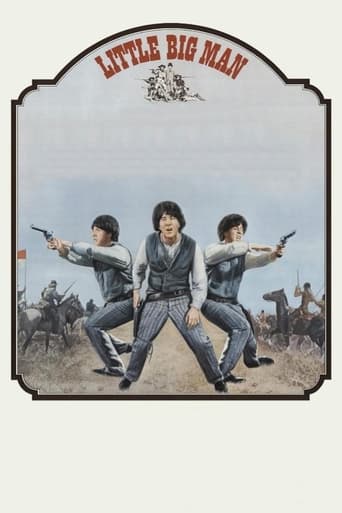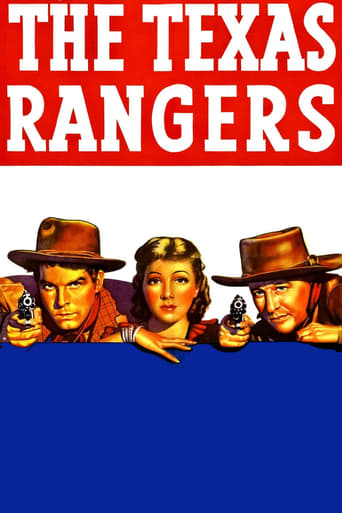
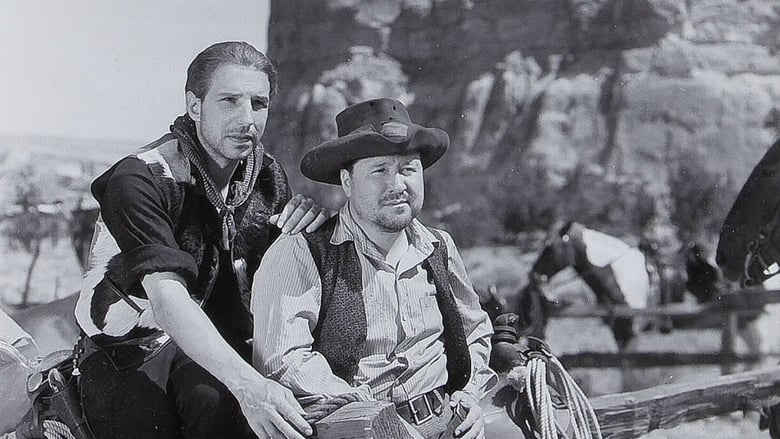
The Texas Rangers (1936)
Two down-on-their-luck former outlaws volunteer to be Texas Rangers and find themselves assigned to bring in an old friend, now a notorious outlaw.
Watch Trailer
Cast


Similar titles
Reviews
I love this movie so much
I don't have all the words right now but this film is a work of art.
A Masterpiece!
It's entirely possible that sending the audience out feeling lousy was intentional
Two Texas bandits (Fred MacMurray and Jack Oakie) join the Texas Rangers in order to avoid being caught and slowly reform. They take on raids by Native Americans and another bandit (Lloyd Nolan) while MacMurray further reforms thanks to a beautiful woman (Jean Parker). Exciting action sequences (particularly a scene with falling boulders)and humor by Oakie are among the highlights. MacMurray, then at the start of his lengthy career, is quite likable in spite of a tough facade. Benny Bartlett is excellent as the young boy MacMurray mentors initially against the law and later on its side. Parker gets some better material than most heroines do in westerns. This is a perfect old movie to introduce today's youth to the great westerns of yesteryear.
The Western genre was at a low ebb in the 1930s. It did not die out completely as has sometimes been claimed, but for the most part it was relegated to B-movie status (in fact B-Westerns were what John Wayne spent most of the 30s doing). It's also untrue that the genre was suddenly revived in 1939 by the arrival of Stagecoach. A-budget Westerns had been appearing for a few years before then, but they were odd affairs for the most part, born of a generation who had lost touch with the Old West.The Texas Rangers was perhaps the first of these bigger Westerns, and in many ways it plays like a recap of genre conventions, particularly the more farcical aspects. We have bandits who are good guys deep down, and Indians who might as well be hordes of zombies. Some of the more fun clichés, like an alcoholic judge, are briefly touched upon, but only briefly. The screenplay is on the whole a rather amateurish effort, riding roughshod over logic whenever a gap in the plot needs sewing up. I mean, are we really supposed to believe Jack Oakie is off in the hills counting out his loot by night, and yet is still consistently able to get his job as Stagecoach driver back each morning? Silly, even by the standards of the genre.And yet producer-director King Vidor was the kind of man to take such projects seriously. And he at least has a feel for the form. Too many of these 30s Westerns fail to make proper use of the open plains, which after all is what it's all supposed to be about. Not Vidor though – for him the seemingly endless vistas are an almost continual backdrop. Vidor's outdoor shots give you a real feeling of the emptiness, which is essential. You can't have a character singing "Bury Me Not on the Lone Prairie" unless the prairie looks appropriately lonesome. Vidor's direction of dialogue scenes is immaculate as always, generally holding the actors in long takes with occasional barely-perceptible camera shift, giving a real feeling of smoothness. His handling of action is the opposite, full of wild cuts and crazed angles to give a real feeling of frenzy. One of the most effective manoeuvres he pulls in The Texas Rangers is just before the heroes come face-to-face with the massive band of Indians. We begin with a tracking shot of them riding alongside a rock face, then the camera gradually turns, opening out the space, and eerily revealing the army of natives.Unfortunately not everyone is so suited to the genre. I don't buy MacFred as a Westerner, let alone a bandit. He just doesn't have the demeanour of a two-baths-a-year man. Leading lady Jean Parker is simply bland here, as is her character. Fortunately we do get to see a lot of Jack Oakie, who still doesn't quite look the part but is entertaining nevertheless. Oakie may be a comic but he can really act, as you will see in the one or two scenes where he has to play it straight. Lloyd Nolan is great too – his face says things that aren't in the script. And any picture that has Edward Ellis in is bound to be a treat. He is also the only player with a real bit of Western grit about him.The Texas Rangers may be the Western genre's reunion with big budgets and big stars, but it is really little more than a souped-up B-Western. It is directed with class, but the overall feel is one of shoddiness, mainly because the studios at the time weren't used to the form. They didn't have the stockpile of authentic performers or the ready-made frontier-towns at their disposal. We get the wide-open plains alright, but it takes more than chaps and Stetsons to conjure up the spirit of the Old West.
King Vidor was quite a director, and he managed to make a western in 1936, that is still very entertaining today. The action scenes did not yet have the technical improvements that would come in the late forties and fifties, but that is a minor detail. The three main characters, MacMurray, Jack Oakie and LLoyd Nolan are outlaws and two of them (MacMurray and Oakie) end up becoming Texas Rangers with the intention of getting information for future robberies. Nolan starts becoming famous as the "Polkadot", because he uses a mask with a polkadot pattern. It is interesting that Nolan's real name in the film is Sam Mcgee, which was also the name of one of poet Robert Service's main characters. Jean Parker is excellent as Amanda, quite a woman, she is the one who chooses her man and makes the advances.
This is my first recollection of Lloyd Nolan. He played "Polkadot Sam", the buddy who went wrong while Fred MacMurray and Jack Oakie became lawmen. Jack Oakie was the wise-crackin' comedy relief. Nolan's nickname came from the polka-dotted neckerchief he always wore. Wouldn't ya know it, Fred MacMurray had to gun him down at the end, and as he cradled his fallen former buddy in his arms we were treated to one of the tear-jerkinest death scenes ever in a western, on a par with Gary Cooper and Richard Arlen in "The Virginian". A lot of ridin' and shootin' made it a Saturday afternoon well spent.


